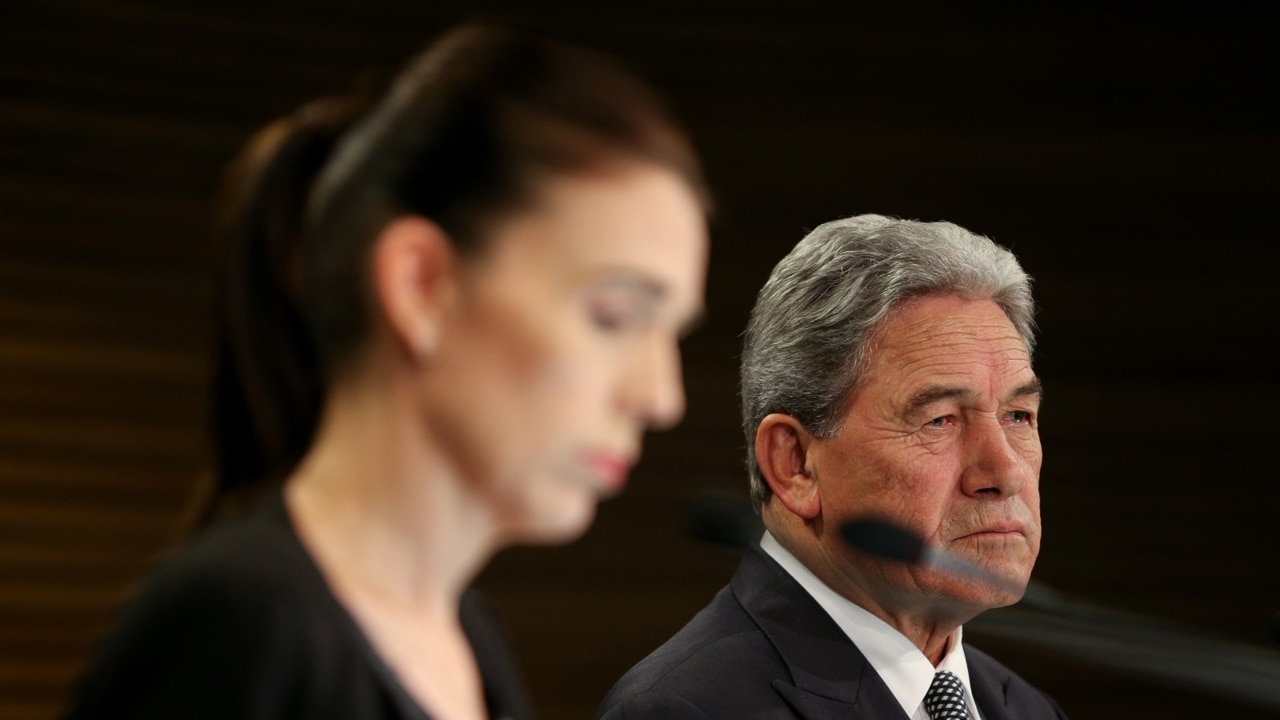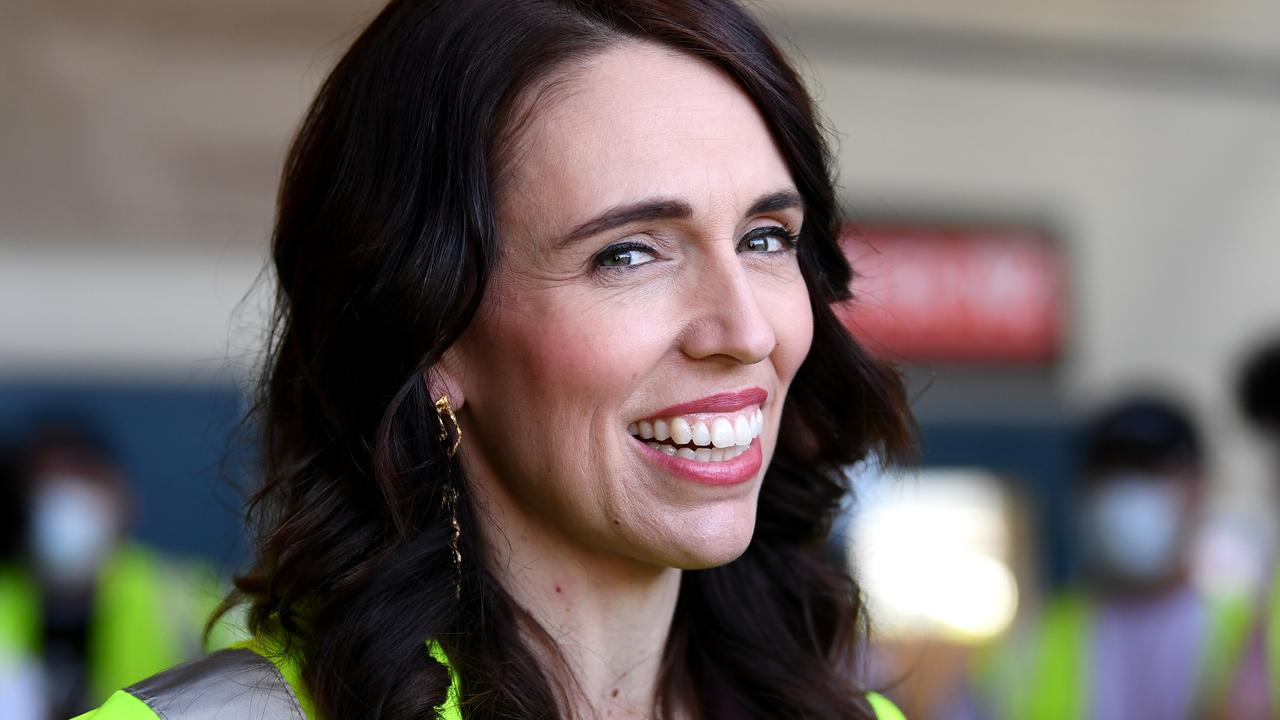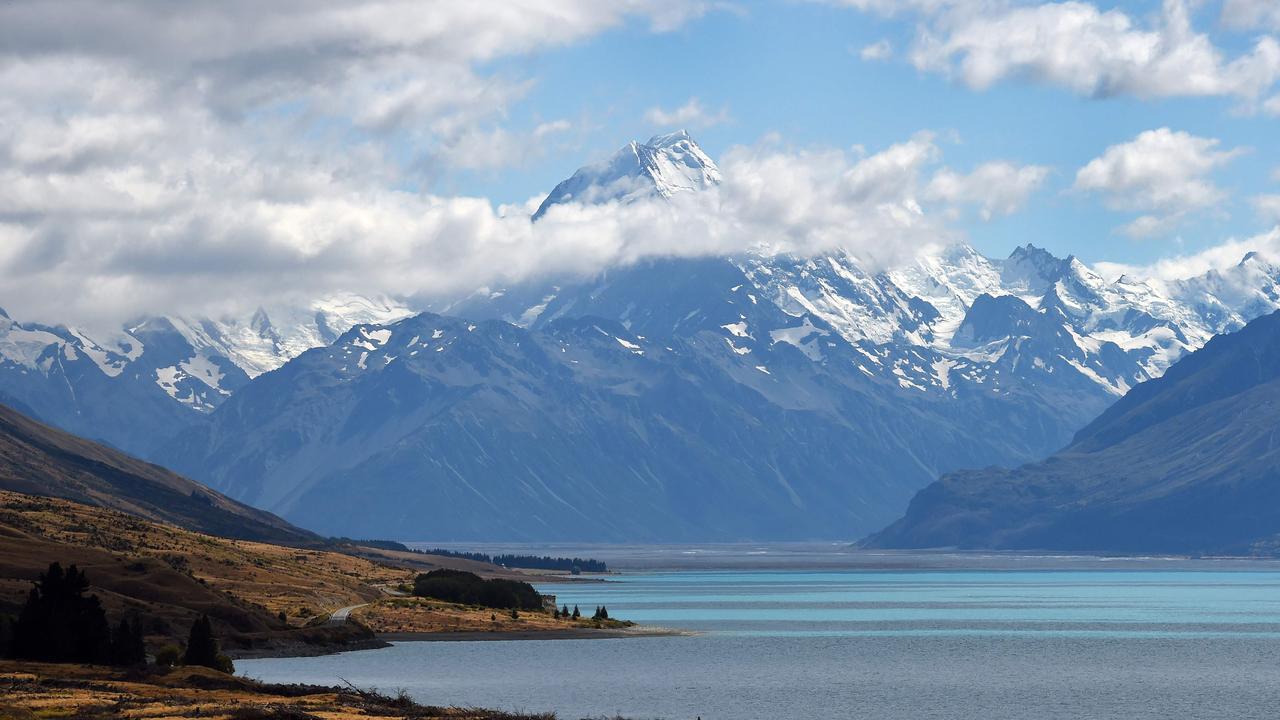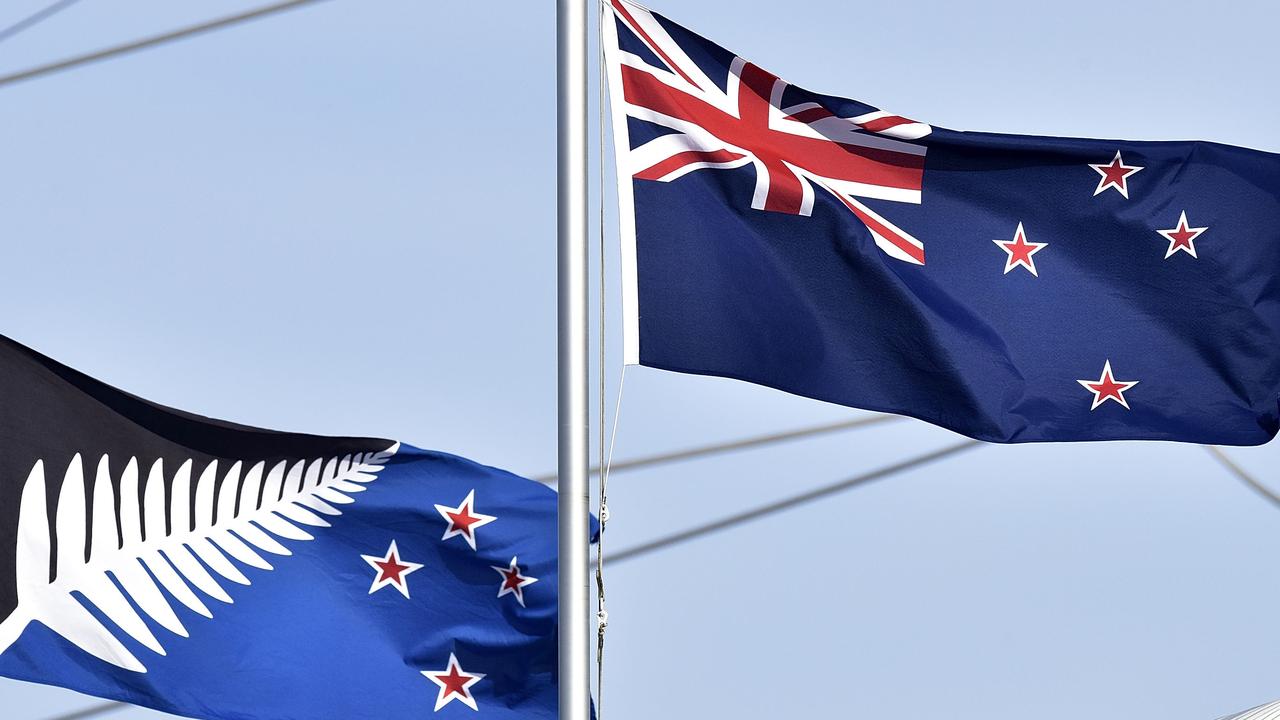Controversial call to officially rename New Zealand
A party standing in next month’s New Zealand election has called for the country’s name to be abolished but it’s sparked a fierce backlash.

The name New Zealand could be no more, if a general election promise comes to fruition.
The cities of Wellington and Christchurch could also have their British derived names axed under the proposals.
But the suggestion has not gone down well with a rival political party.
Kiwis go to the polls on October 17 after the previous election date of September 23 was postponed due to a new outbreak of coronavirus in the country’s major city of Auckland last month.
The Jacinda Ardern-led Labour Party is aiming to retain power boosted by its pandemic response with the ultimate prize being able to govern in its own right and not in coalition. The opposition National Party is hoping to cause an upset with its focus on rebuilding the post-COVID economy.
However it’s another issue which has caused headlines this week – what the country is called.
The Maori Party has said if it won power it would change the country’s official name to Aotearoa within six years.
More than that, all towns and cities with “pakeha” (European) names would lose them by 2026. The capital of Wellington would become Te Whanganui-a-Tara with Christchurch known as ÅŒtautahi.
Half of all lessons in schools would be taught in Maori by 2030.
RELATED: Shock poll shows Jacinda Ardern with historic lead

Maori Party candidate Rawiri Waititi told website Stuff that renaming New Zealand and its place names would “elevate te reo MÄori (the Maori language) to its rightful place”.
“It is unacceptable that only 20 per cent of our people can speak their own language and that only 3 per cent of the country can speak its official language,” Mr Waititi said during Maori Language Week.
“We need to be doing more at a systemic level to protect and promote the reo of Aotearoa.”
However, the proposal has been rubbished by leader of the New Zealand First Party and Deputy Prime Minister Winston Peters who said it was “separatism” and politicians should be focusing on jobs and education in the wake of the pandemic.
NZ First governs in coalition with Labour.
“This is plain headline hunting without any regard to the cost to this country,” Mr Peters wrote on Twitter.
“It will make our international marketing brand extraordinarily confusing when exports will be critical to our economic survival.”
RELATED: How NZ opposition leader Judith Collins plans to beat Jacinda Ardern

AOTEAROA MAY NOT BE ONLY CHOICE
Aotearoa is the current Maori name for New Zealand and is often translated as “the long white cloud”.
It is widely used in New Zealand with many government departments including Aotearoa in the Maori translations of their names.
However, the term New Zealand never replaced Aotearoa, as the original Maori name was likely not used to refer to the whole country.
“Aotearoa is actually one of the Maori names for the North Island of New Zealand, and has never included the South Island of New Zealand,” Dr Dan Hikuroa, a senior lecturer for the University of Auckland’s Te WÄnanga o Waipapa (School of Maori and Pacific Studies) told Stuff in June.
For that reason, some academics have suggested an entirely new name should be chosen for the entire nation.
“Even though in contemporary use, Aotearoa has come to mean New Zealand, actually … it’s quite exclusionary,” said Dr Hikuroa who has suggested a name could include both English and Maori words.
RELATED: How did COVID-19 resurface in New Zealand?

ARDERN SIDESTEPS DEBATE
Some place names in New Zealand use both Maori and English names such as Aoraki/Mount Cook. Many Maori words are now also used interchangeably by primarily English speakers, such as the word pakeha.
The name New Zealand, while made official by the British, is not all that British. Dutch explorer Able Tasman was the first European to reach the islands in 1642.
While “Zealand” is spelled the same as the large Danish island of Zealand, the country is actually named after the Dutch province of Zeeland, the literal English translation of which would be “sea land”.
Captain James Cook later anglicised the Dutch Nieuw-Zeeland to the English New Zealand.
Tasman also coined the name “New Holland” for Australia but it didn’t stand the test of time.
Nonetheless, Dutch place names remain in Australia including Groote-Eylandt, Arnhem Land and, of course, Tasmania.
Ms Ardern has avoiding wading into the debate noting only that Aotearoa is being used more frequently.
“I hear more and more often the use of Aotearoa interchangeable with New Zealand and that is a positive thing,” she was reported as saying in the New Zealand Herald.
“Whether or not we change it in law I don’t think changes the fact that New Zealand is increasingly referred to as Aotearoa.”
She has admitted to not being fluent in Maori but said she continued to learn the language.

HOW LIKELY IS NAME CHANGE?
The likelihood of the Maori Party getting its way is slim.
At the last general election it lost its two remaining seats and so has no current MPs.
The party even failed to win any of the seven Maori electorates where voters must declare they are of Maori descent to cast a ballot. All these electorates were won by Labour.
Any proposed name change would also likely be decided through a referendum, which also doesn’t bode well for success.
In 2016, Kiwis went to the polls to decide whether to replace the national flag.
More than two million people voted in the $A23 million ballot to decide whether to keep the British Union Jack on their flag, which is similar to Australia’s, or replace it with a silver fern and Southern Cross on a blue and black background.
In the end, 57 per cent of Kiwis opted to keep the existing design.




